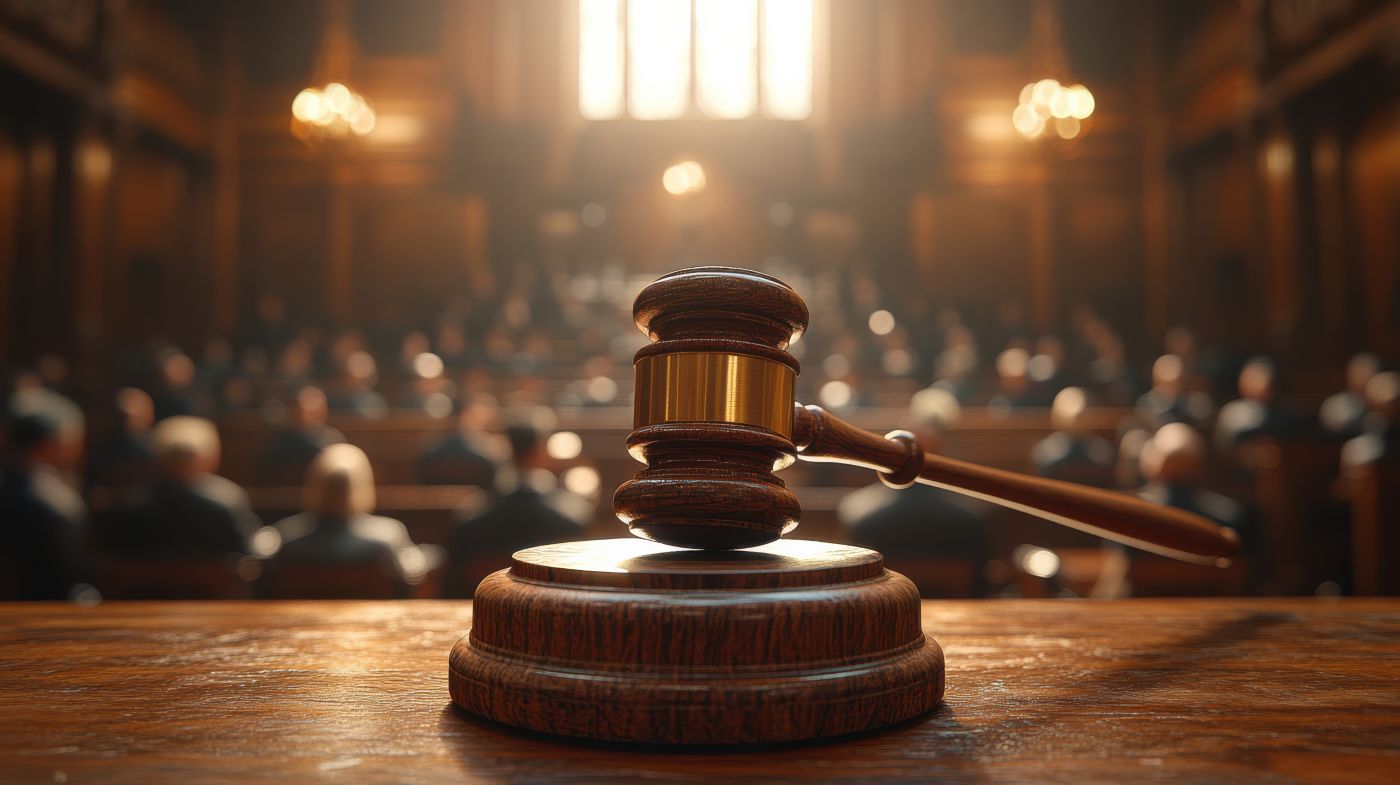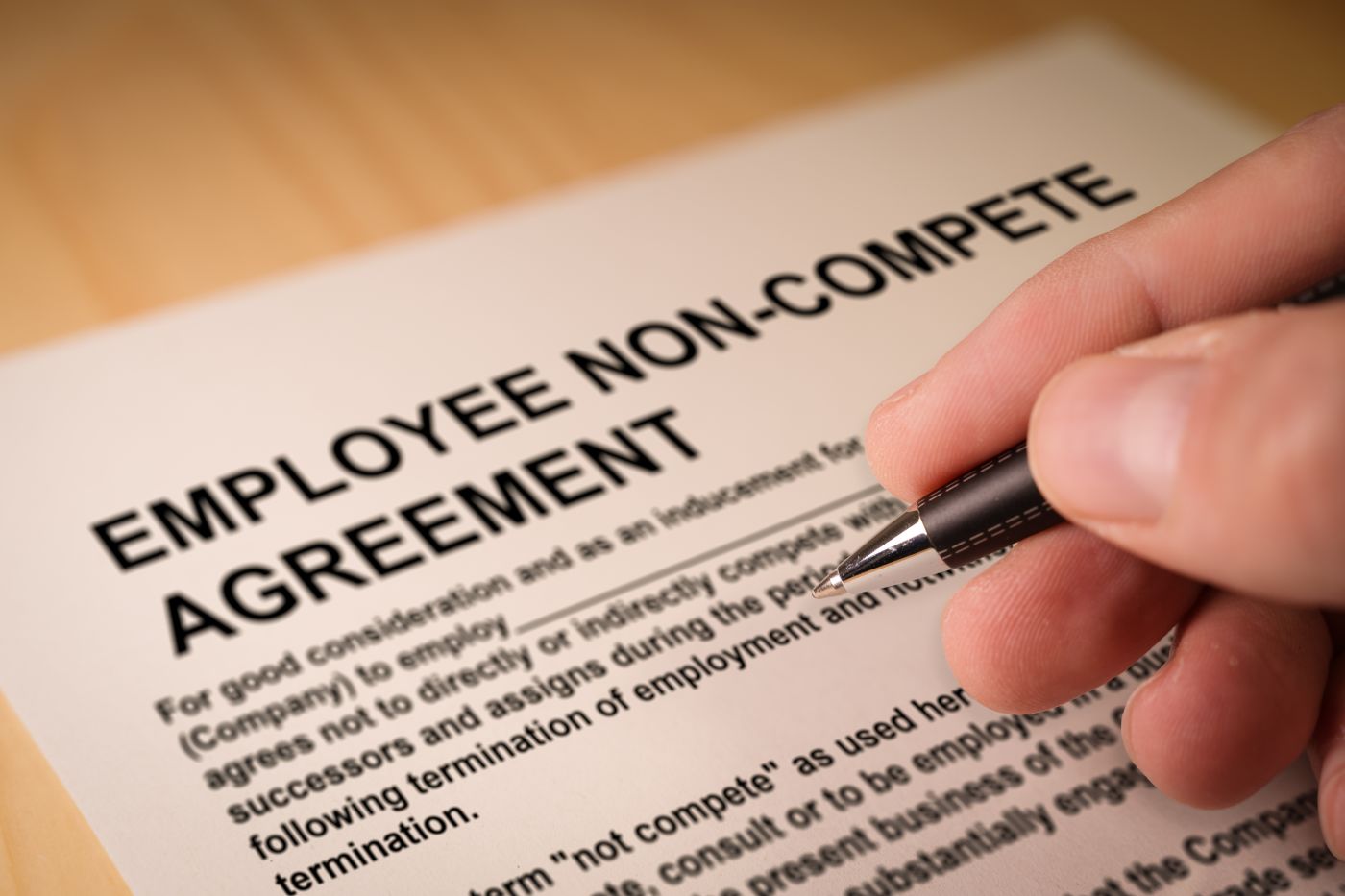
Business litigation can involve a range of issues, from contract disputes to intellectual property claims. When these matters cannot be resolved through negotiations or other methods, litigation becomes necessary. But when exactly does a case cross the line from being a matter of negotiation to one that must be resolved in court?
At Amicus Law, we recognize that business disputes, particularly those that result in litigation, can be especially complicated. Our knowledgeable business law attorneys deliver tailored strategies that align with your goals. In court, we strive to represent you in a favorable light and fight to protect your rights so you can achieve the best possible outcome for your case. We treat you with respect and dignity, and always provide honest, open, and prompt communication. If you're anywhere in Minnesota and need quality legal representation, Amicus Law has you covered.
In Minnesota, business litigation often begins with a legal dispute between two or more parties, whether it involves a contract, an employment issue, or another business-related matter.
However, the path from dispute to courtroom is not always straightforward. Many cases may be settled or resolved through alternative methods before ever reaching a judge. Let's examine the process of business litigation cases involving the courts and what business owners and individuals should consider along the way.
The Laws Surrounding Business Litigation
Business litigation refers to disputes that arise during the operation of a business. It can cover a range of legal issues, including breach of contract, shareholder disputes, partnership disagreements, employment law matters, and other related matters.
When these disputes cannot be resolved informally or through negotiations, the case may need to go to court for resolution.
In Minnesota, the process of business litigation is governed by a set of rules that guide the courts in handling disputes. These rules are designed to offer a fair and just process for resolving business-related legal issues.
Business owners and individuals involved in business litigation should understand these rules and the process leading up to litigation, as well as the circumstances under which it becomes necessary to appear before a court.
The Pre-Litigation Phase
Before a business litigation case reaches court, several steps typically occur. In the pre-litigation phase, both parties often attempt to resolve the dispute outside of court.
This phase can involve settlement negotiations, mediation, or arbitration. These alternative dispute resolution methods are often encouraged because they can be quicker, less expensive, and less stressful than litigation.
Settlement negotiations are generally the first step. During this phase, both parties may exchange offers and counteroffers, aiming to reach a mutually agreeable agreement.
If the parties can reach a settlement, they can avoid litigation altogether. Settlement agreements may also be reached through mediation or arbitration, where a neutral third party facilitates the discussions.
We always recommend exploring all avenues for resolving a dispute without court intervention. Not only can this save you time and money, but it can also preserve relationships between the parties involved. However, some disputes are too significant or entrenched to be resolved without judicial intervention. In such cases, litigation may become unavoidable.
When Does Business Litigation Move to Court?
Despite efforts to resolve the matter outside of court, there are certain circumstances in which business litigation will inevitably proceed to court. These situations may arise when:
The parties cannot reach an agreement: If both parties are unwilling or unable to settle their differences, the case will proceed before a judge. This is one of the most common reasons business litigation ends up in court.
A party refuses to cooperate: If one party refuses to participate in settlement negotiations or alternative dispute resolution processes, the other party may have no choice but to take the matter to court.
The dispute involves legal precedent: Some cases involve questions of law that require a judge to make a decision. For example, if a business dispute involves the interpretation of a complicated legal statute or case law, a court may need to intervene to resolve the issue.
The dispute involves a significant amount of money: In some cases, business litigation may involve claims for substantial sums of money or substantial financial stakes, necessitating court intervention to obtain a binding decision.
The Process of Taking a Business Litigation Case to Court in Minnesota
When a business litigation case does move to court, the process involves several distinct stages. The process is governed by the Minnesota Rules of Civil Procedure, which outline the steps necessary to bring a case before a court. While each case is unique, the general process for business litigation includes the following steps:
Filing the Complaint
The first step in bringing a business litigation case to court is the filing of a complaint. The complaint outlines the nature of the dispute, the claims being made, and the legal basis for those claims.
In Minnesota, the plaintiff, the party filing the lawsuit, must file the complaint in the court with jurisdiction over the matter. The complaint will then be served on the defendant, who is the party being sued.
The defendant has a set period to respond to the complaint. If the defendant does not respond, the plaintiff may be able to obtain a default judgment, depending on the circumstances.
Discovery Process
Once the complaint has been filed, the discovery process begins. This phase involves the exchange of information between the parties to help each side understand the other’s case.
The discovery process in business litigation can include written questions (interrogatories), requests for documents, and depositions, where witnesses and parties are questioned under oath. This phase is essential for both parties to gather evidence and assess the strengths and weaknesses of the other side’s case.
Business owners involved in litigation must carefully review and respond to discovery requests to prevent disclosing sensitive information. At Amicus Law, we guide our clients through this process to confirm that they provide the necessary information while protecting their interests.
Pre-Trial Motions
Before the case actually goes to trial, both parties may file pre-trial motions. These motions are requests made to the court to resolve specific issues before the trial begins.
For example, a party may file a motion to dismiss the case, arguing that the plaintiff has failed to present sufficient legal grounds for the lawsuit. Alternatively, a motion for summary judgment may be filed if one party believes that the case should be decided without the need for a full trial.
The court will hold hearings on these motions, and if they’re successful, the case may be resolved without the need for a trial. However, in many cases, the judge will deny the motions, and the case will move forward to trial.
Trial
If the business litigation case proceeds to trial, both parties will present their evidence and arguments before a judge or jury. The trial is typically the most time-consuming and expensive phase of the litigation process. During the trial, both parties will have the opportunity to present witnesses, introduce documents, and make their case.
After hearing all the evidence, the judge or jury will render a decision. If the case is decided by a judge, the judge will issue a written ruling that explains the legal reasoning behind the decision. If the case is decided by a jury, the jury will issue a verdict, and the judge will then enter a judgment based on that verdict.
Post-Trial Motions and Appeals
Even after the trial has concluded, there may still be post-trial motions or appeals. A losing party may file a post-trial motion asking the court to reconsider its decision or modify the judgment. Alternatively, a party may file an appeal, seeking to have a higher court review the decision for legal errors.
Appeals in business litigation cases can take months or even years to resolve, depending on the complexity of the issues involved. However, not every case will be appealed, and many business litigation cases end once the trial court has issued its decision.
Why Going to Court Is Not Always the End of the Story
While bringing a case to court may resolve some aspects of business litigation, it’s not always the final step. In many cases, business owners may need to undergo enforcement actions to collect damages or enforce court orders.
These post-litigation matters may require additional legal proceedings, and business owners must be prepared for the possibility that their legal issues may not end once the court renders a judgment.
Call Us for Business Litigation
At Amicus Law, we provide comprehensive services to our clients throughout the entire business litigation process, including post-trial actions and enforcement. We strive to protect your rights and achieve the best possible outcomes, both in and out of court. Our experienced business law attorneys will guide you through each phase of your lawsuit, helping you make informed decisions. We’re proud to serve the St. Paul, Minnesota, area and surrounding communities. Call today to schedule a consultation.



